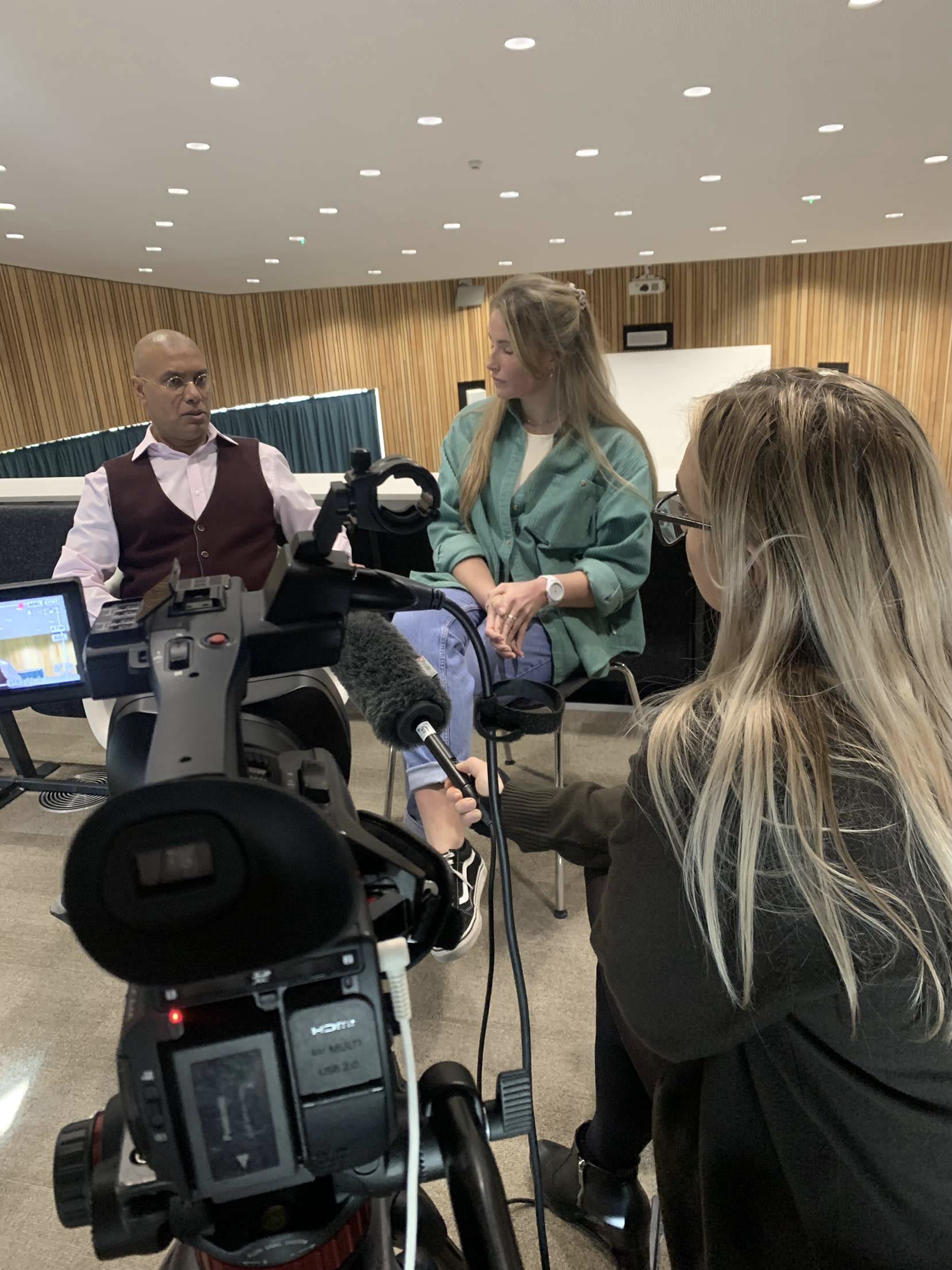Cleaning up Kyiv
The environmental fallout of war zones - and who is responsible

A Bournemouth expert in environmental law has described the war in Ukraine as an “ecological disaster” which will potentially take thousands of years to repair the damage.
Tilak Ginige, a lawyer and lecturer in environmental law at Bournemouth University described the result of almost a year of war as “ecocide.”
The “liability and prosecuting of war crimes is categorised under genocide” says Tilak, as the scope of environmental legislation is broad.
In estimating the time it would take to return to an ecological baseline, Tilak says that a “minimum 70 of years” is likely. He adds that the research scientists have undertaken of the decomposition of nuclear rods inside concrete suggests that it could be thousands of years to neutralise some chemicals from war.

The impact on wildlife from behavioural and reproductive changes to migratory flight paths is “devastating”, says Tilak.
Scientist and researcher in ecology Natalie Harris adds that people “hunting out of desperation”, when it comes to “life and death” circumstances of starvation will also deplete bird populations and damage delicately balanced ecosystems. The consequences of this impacts on finely tuned orchestra of nature, from insects to humans, as species could be threatened from an influx of migratory species diverting to alternative countries and habitats.
‘‘People don’t realise that we have underground rivers” which are part of the water infrastructure in countries like Ukraine, which feed into waterways to other European countries. This directly affects wells and sewage systems particularly in rural Ukraine, many of which are responsible for agriculture, and with additional complexities in the process of cleaning soil results in considerations that a country in conflict doesn’t have the resources to take. Ukraine is one of the world's biggest exporters of wheat, and with livestock consuming and using the polluted waterways there is contamination through the food chain.
The concept of an environmentally friendly war exists only in science fiction, and would involve ‘lightsabers’ and ‘dissolvable weapons’, and that war is ‘fundamentally’ not sustainable.
The WWF has reported that 3 million hectares of protected land alone has been affected, damaged or destroyed by war in the country, with 16 threatened wetlands having “international importance”.
He said the international community has yet to consider the full impact of war on human health. “Water filters and purifying tablets” are items that could be donated in care packages and supplies sent to the country, where vulnerable citizens are still ingesting polluted waterways. He also suggests that ecology students from other universities could be undertaking cleanup operations and taking readings from Ukraine, as the issues of climate change and pollution are universal.
Tilak Ginige is a Senior Lecturer in Environmental Law at Bournemouth University’s Faculty of Science & Technology. His research interests include Renewable Energy, Mining Waste, Water Framework Directive, Environmental Liability and Sustainable Development Law. Natalie Harris is a scientist and Ecology researcher at Bournemouth University who runs @cleanourseas on Instagram, a beach cleaning page, and is described as a 'Marine Champion' for The Wildlife Trusts.

